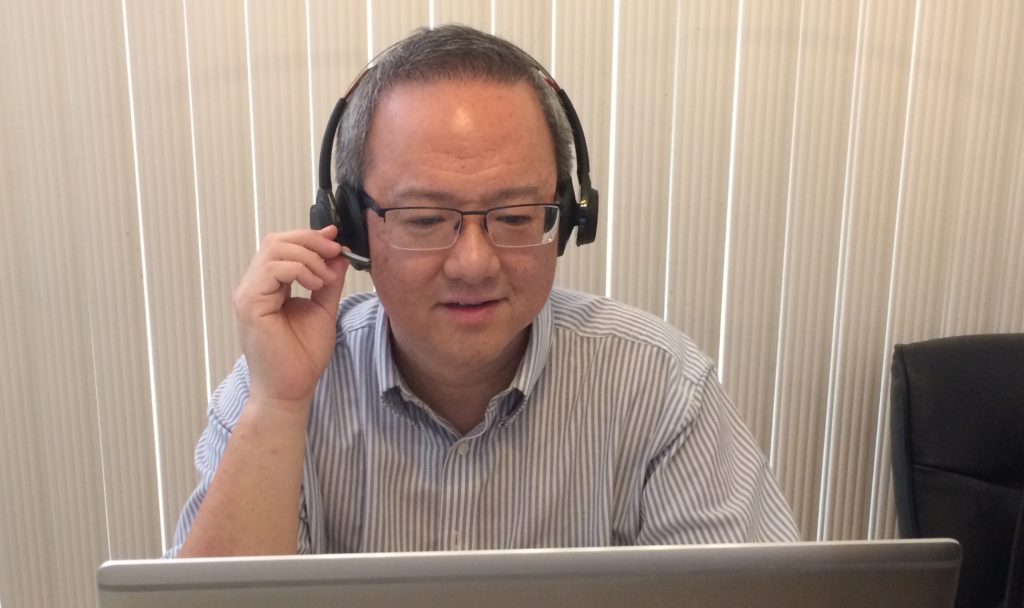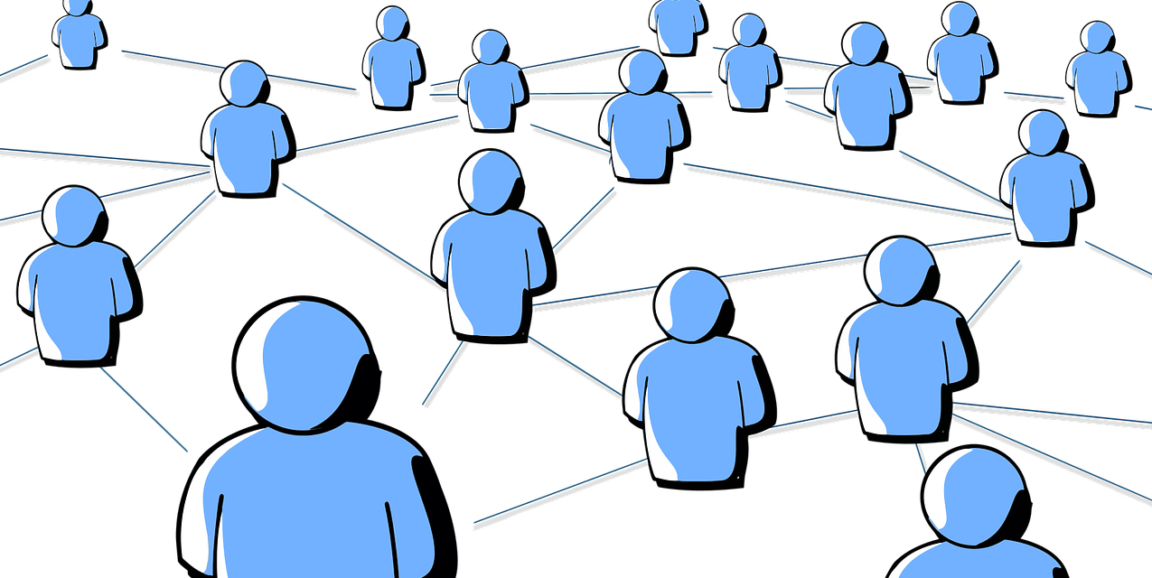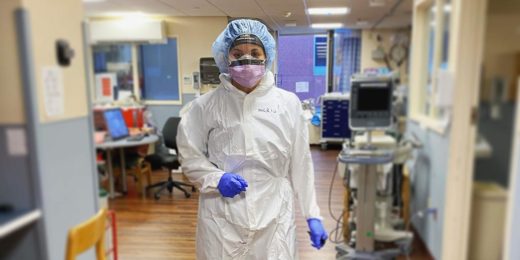Before the pandemic, James Liu worked in Stanford Hospital's third-floor library, chasing down medical information for patients and family members anxious to learn about a new diagnosis or an upcoming procedure.
These days, though he still works remotely as a librarian, he's also hunting the coronavirus. As a part-time volunteer contact tracer for Santa Clara County in California, he reaches out to those who've tested positive, along with the people they may have infected.
Contact tracing -- considered a critical tool in fighting the pandemic -- helps prevent spread of the coronavirus by alerting people quickly to the possibility that they've been infected.
"I feel pretty useful," Liu told me recently, after about two months on the job. "I'm helping the Bay Area, trying to stop the spread of COVID-19."
Notifying and advising
On the days he's contact tracing, Liu attends a brief morning meeting run by the county's emergency operations center. Around 10 a.m., he's assigned about three "cases" -- county residents who have tested positive for the coronavirus.

He starts by sending the cases a text message letting them know he'll be in touch. He then calls through a computer system. He advises the cases to isolate themselves, and he asks for contacts -- people they've seen recently. When he calls the contacts, he lets them know they've been exposed -- for privacy reasons he can't say who exposed them -- and asks them to get tested as well as to self-quarantine.
If the cases or contacts have limited English, Liu can patch in a third party to translate. Though he speaks Cantonese, he hasn't yet had an opportunity to use that skill.
Providing assistance
When people need assistance staying isolated or quarantined, he connects them with county services, which include grocery delivery and housing -- if necessary, the county can arrange and pay for a hotel stay.
Unlike medical librarians, contact tracers don't provide medical information, so if someone has specific questions, Liu calls in a health care worker.
"To my pleasant surprise, most people are happy to answer my phone calls and are really grateful," Liu said.
He said that the hardest part of the job was the initial training, when he conducted mock phone calls. Now, he said, "It comes naturally. I pick up the phone and call people, and I'm not apprehensive about it."
"I highly recommend volunteering."
Health departments around the country are seeking volunteer contact tracers. Requirements are generally limited -- many require only a high school diploma -- and hours are often flexible. Contact your state or local health department for more information.
Top image by OpenClipart. Photo of James Liu by Winnie Wong






